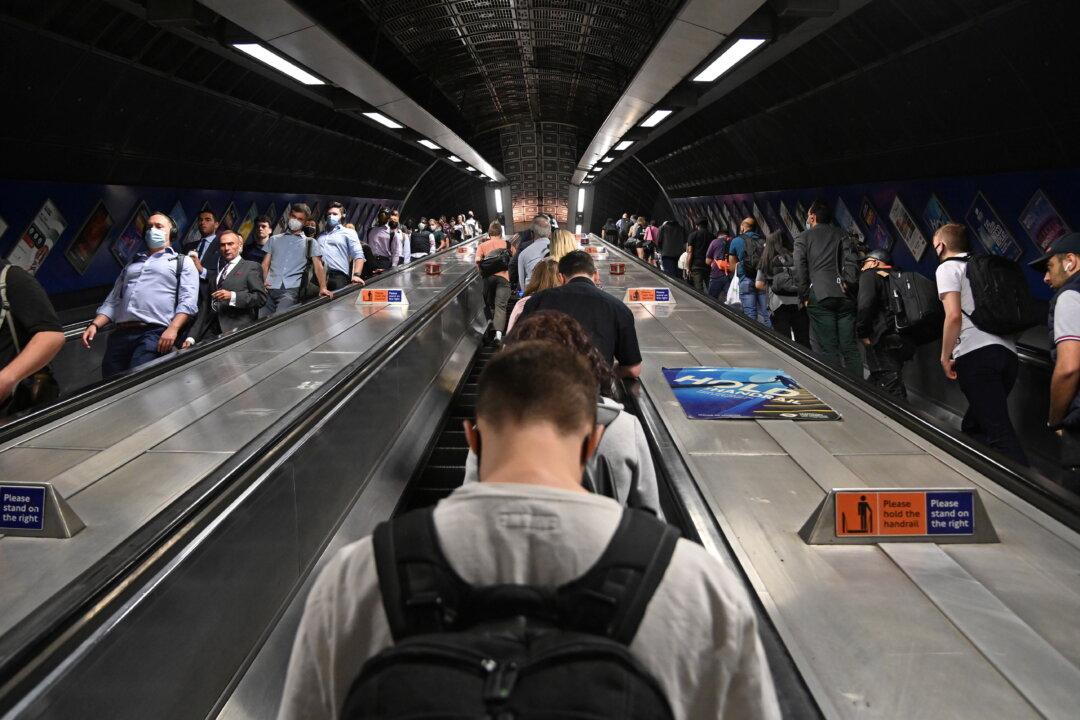The UK Treasury said on Monday that the National Living Wage is set to increase from £8.91 to £9.50 (from $12.27 to $13.08) an hour as part of the autumn Budget, but critics said that much of the raise will be eaten up by rapidly rising inflation.
The 59-pence rise means a full-time worker on the living wage would see their annual income rise by more than £1,000 ($1,377).





